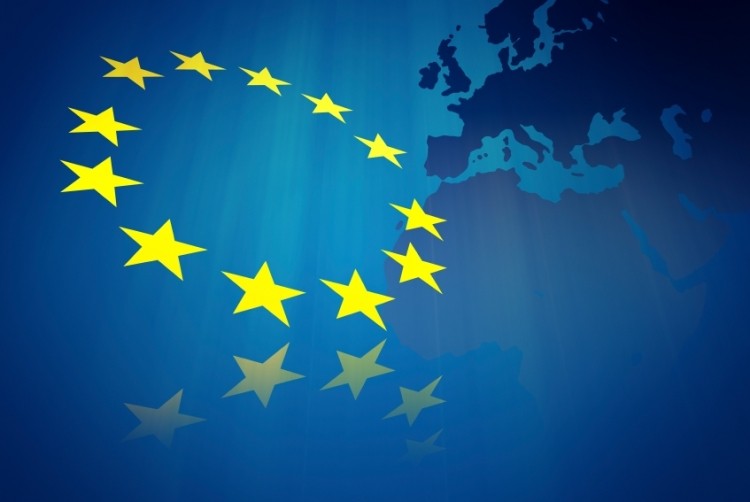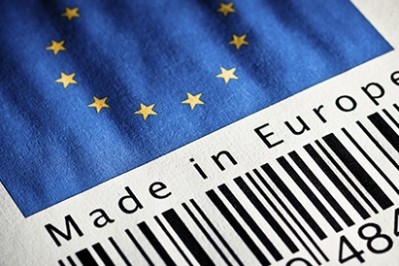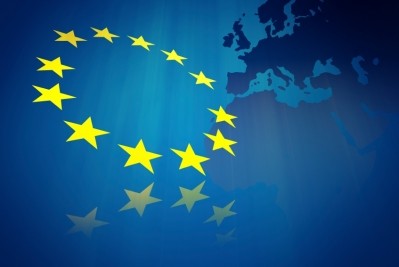EC launches study to assess impact of proposed milk origin labelling

The aim of the study is to assess the need for consumers to be informed about the origin of milk, milk used as an ingredient in dairy products, and unprocessed meat other than beef, pig, poultry, sheep and goat meat.
Mandatory origin labelling currently exists for a number of agricultural products including beef, honey, eggs, imported poultry meat, fruit and vegetables, bananas, olive oil, wine and hops.
The EC issued the study in-line with a series of new European Union (EU) measures, which were designed to increase the amount of available information on the origin of food products for consumers.
It comes just months after the outbreak of the European horse meat scandal, which came to light in January 2013 when horse DNA was discovered in frozen beef burgers sold in a number of British and Irish supermarkets.
Many food products advertised as containing beef were later found to contain undeclared horse meat - as much as 100% of the meat content in some cases.
Consumer interest in origin labelling
The study will collect information from across the EU, including Croatia which became the 28th Member State earlier this month.
According to document, “the impact of applying origin labelling may differ between Member States and sectors” as a result of differing characteristics in terms of production, processing, and marketing systems.
“The study should evaluate the situation and possible impact of origin labelling of meats, milk and milk used as an ingredient in dairy product in the EU and it should also include a number of case studies in different sectors and Member States,” said the EC document.
The EC hopes to glean information on consumer behaviour regarding different types of origin indication, and willingness to pay for more or less extensive additional information related to origin of the products in question.
Impact on competition, trade?
As well as collecting data on consumer behaviour, the study will also examine the feasibility of providing an indication of the product’s country of origin.
It will examine the impact of mandatory origin labelling on the economic impact on the food supply chain and the effect on internal EU trade and business with countries outside the region.
The administrative burden on producers, collectors, processors, traders, retailers and national regulatory authorities, and the cost of strengthening necessary checks and controls will also be assessed.
“The study will examine and quantify burdens and costs on the supply chains, in particular small and medium enterprises (SME), farmers, processors, traders, retailers at national and European levels, trade, consumers, administration, checks and controls for expressing the origin of the milk and milk used as an ingredient in dairy products and of other types of meat,” said the EC document.








